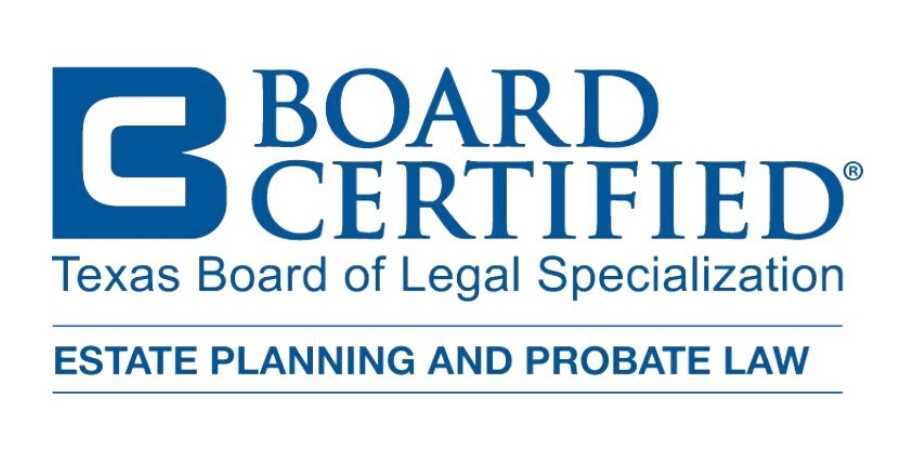Prevention is the Best Medicine for Your Business
This is a subtitle for your new post

Asset protection is something that needs to be in place before something happens. Once you have received a letter from an attorney, the risk of being able to get protection can be at risk of a suit for fraudulent transfer. As the saying goes, “Prevention is the best medicine” and taking action ahead of time to protect yourself is the best step to take. But where to begin?
Like insurance, you need to have a plan for the assets tied to your business before you have a problem, in order for it to work. In Mike’s book, The 3 Bucket Method for Asset Protection, he stresses the importance of keeping up with your corporate documents on an annual basis. And the first step to your asset protection plan can be identifying who in your corporate organization will be in charge of this task. In a nutshell, this includes keeping your annual minutes updated, having your records and agreements updated and identifying what you are missing for at least three years back.
Now you may ask yourself, do I really need to keep company minutes for every year? The fact is, corporate minute books serve as your official corporate records, so keeping up-to-date needs to be high on the priority list. Maintaining the minute books allow people to understand the decision-making processes of the corporation. Well maintained corporate minute books are an effective means of creating a paper trail to demonstrate to banks when you want a loan or government authorities, like the IRS during an audit, what transactions the corporation made. Banks and the IRS typically ask for the last three years of corporate documentation.
Business owners should maintain current and proper corporate records so that creditors, which include the IRS, are not able to challenge the validity of the corporate shield. Theses records and agreements should be stored in a safe place, since it is critical to maintain the corporate shield. By maintaining corporate records, the corporation meets state reporting and filing requirements. If a business owner doesn’t maintain corporate records or is unable to annually report and file records, the business entity might face penalties, fines and get dissolved. But maybe you are missing your corporate records and agreements.
What do you do then? Failure to maintain your records and annual minutes can invalidate the protection your corporate entity provides. Keeping current to avoid losing your protection is easier than you think. At our firm, we consider ourselves "the business doctors" and can help you manage these requirements so your entity is giving you the greatest protection available under the law. What we can do is conduct a Risk Audit Assessment that we base off of Mike’s book The 3 Bucket Method for Asset Protection. We can help you identify what you are missing and you can leave it to the professionals to get your business back to health and out of the “risk zone”.
Our Risk Audit assessment session is complimentary to our clients and Dickerson Digest subscribers, so be sure to take advantage of this opportunity and have your business maintain the protection you started with when you moved it into an LLC entity or similar business entity. In South Texas call us at 956-791-5422 and in Central Texas call us at 956-791-5422. Hope to chat more soon!
























